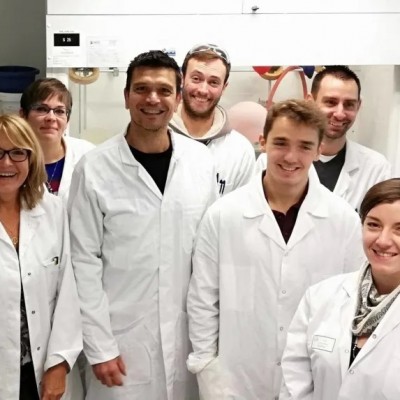Charity dedicated to the fight
against childhood cancer
against childhood cancer
The Journal of National Cancer Institute published in June 2022 a study conducted in Denmark based on cancer and drug consumption registers. A 20-year follow-up highlights a risk multiplied by 3 of osteosarcomas and by 2 of Hodgkin's and non-Hodgkin's lymphomas in the event of exposure via drugs using DEP phthalate (DiEthyl Phthalate) in gastro-resistant drugs. The risk is statistically significant at the 95% level.
The transposition to the French reality on a purely demographic level (270 cases over 20 years) gives an order of magnitude but should not be taken literally, due to the lack of comparison on the specific consumption of each country.
It seems plausible that contamination of children and adolescents via environmental sources (mainly personal care products) could have played a role.
The scientific literature also clearly highlights the fact that DEP cannot be considered as a neutral excipient. It interacts with other phthalates and even with other families of Endocrine Disruptors, such as perfluorides in the genesis of childhood diseases. It also more specifically impacts osteoblasts.
The results suggest that this phthalate should be eliminated from consumer products and in priority from medicines. The recent roadmap of the European Commission on chemical products has provided for the elimination of major families of endocrine disruptors such as phthalates.
References :
Sarah Bachir "Childhood cancers, phthalates and drugs" Internship dissertation for the 5th year of Pharmacy Industry and Research - Toxicology specialty. Faculty of Pharmacy of Paris.
Thomas P Ahern, Logan G Spector, Per Damkier, Buket Öztürk Esen, Sinna P Ulrichsen, Katrine Eriksen, Timothy L Lash, Henrik Toft Sørensen, Deirdre P Cronin-Fenton. Medication-Associated Phthalate Exposure and Childhood Cancer Incidence J Natl Cancer Inst. 2022 Jun 13;114(6):885-894. doi: 10.1093/jnci/djac045
Sarah Bachir's internship carried out at the Health Environment Network from April to August 2022. Internship supervisor André Cicolella.
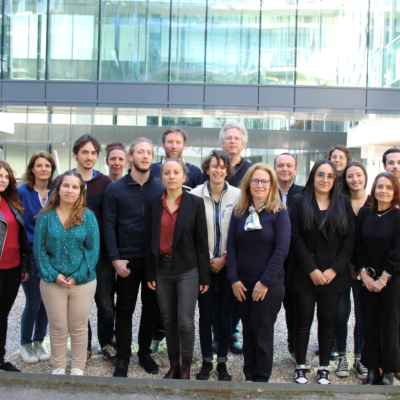
Eva pour la vie supports the Adapted Physical Activity project for children treated for Cancer and Insulin Sensitivity APACIS, led by Professor Marlène Pasquet, pediatric onco-hemato-immunologist at the children's hospital of the Toulouse University Hospital and Justine Thomas, APA teacher and doctoral student, as well as the recruitment of an APA position within this department.
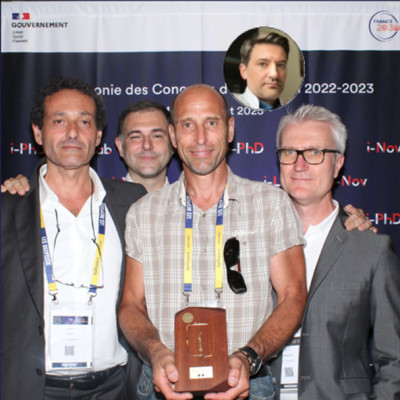
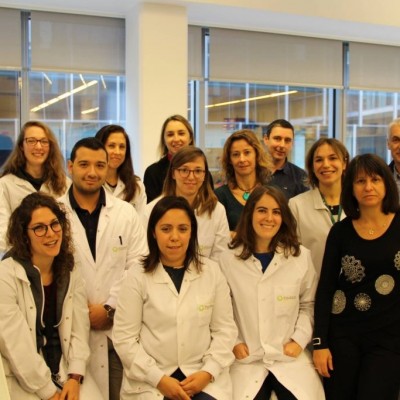
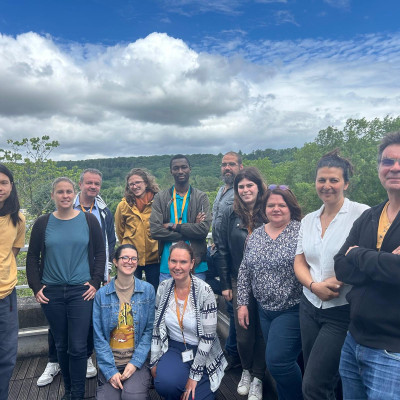
Eva pour la vie & Grandir Sans Cancer have decided to support the work of Dr. Célio POUPONNOT, at the Curie Institute, by funding the Project "Modeling of medulloblastoma using human cerebellar organoids and analysis of the effect of agricultural pollutants" through a grant. This research project includes a crucial environmental research component, the question of understanding in order to try to prevent being as important as the one that aims to better treat children with cancers ...
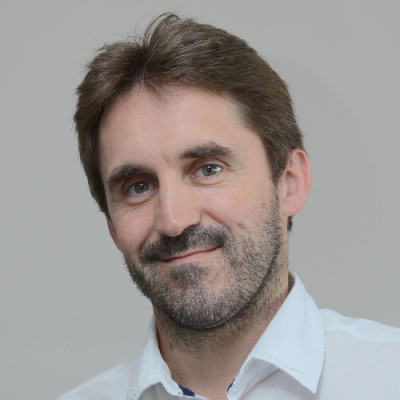
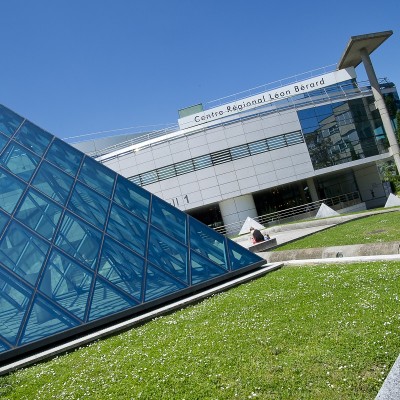
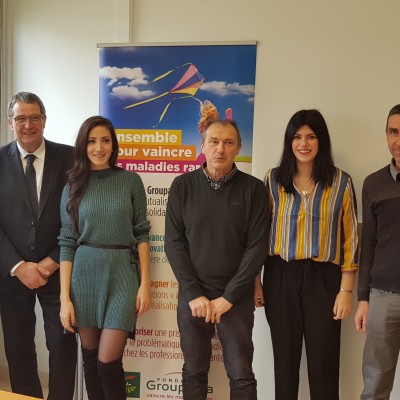
For more than 20 years, this teacher-researcher has been working on cancer. And it's been almost 10 years since he went to kidney cancer or renal cell carcinoma. By joining the team of Dr Christophe Grosset (Inserm, MiRCaDe team), he wanted to use his experience and take a new step forward by working on childhood cancer. He is the initiator of an ambitious project, which involves several surgeons, doctors and international researchers, on the study of nephroblastoma (or Wilms tumor) in children, co-funded by the association Eva pour la vie and Aidons Marina ...
Resistance to treatment is a major clinical problem, in particular in the case of osteosarcomas, bone tumors affecting children or adolescents. Indeed, chemotherapy, associated with surgery, is the central pillar of current treatment. However, many osteosarcomas are or become resistant to these antiproliferative drugs. Recurrences and / or the appearance of metastases are then frequent. 2 out of 5 patients cannot be cured! Osteosarcoma is therefore a pediatric cancer with a poor prognosis for which it is absolutely necessary to identify ways to counteract resistance to treatment in order to improve the chances of recovery for patients.
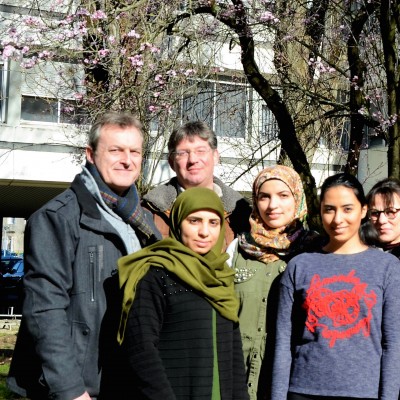
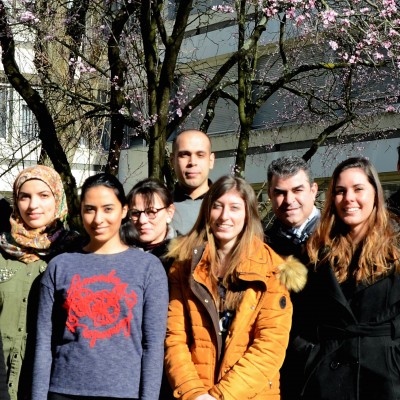
Since September 2014, Dr Martin Hagedorn has been leading a team of researchers (Caroline CAPDEVIELLE , Farah RAHAL, Justine CHARPENTIER and Mélissa MENARD) which devotes its research work to the identification of new therapeutic targets in brainstem tumors and to the improvement of its treatment methods. Work recognized by several European scientific teams & experts.
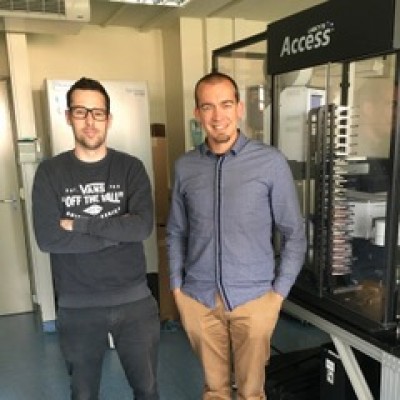
Dr Pasquier's research work mainly focuses on the repositioning of drugs which consists of testing, in new therapeutic indications, drugs already approved by the health authorities. The aim of this work is to identify new therapeutic targets for the most difficult to treat cancers and thus improve the care of patients suffering from these aggressive forms and refractory to treatment . In particular, pediatric cancers (neuroblastoma), brain tumors affecting children as well as adults (glioblastoma, medulloblastoma) as well as certain rare forms of cancer (angiosarcoma).
The work of the INSERM team co-directed by Dr Marie Castets (CR1 Inserm, HDR) and Dr Jean-Yves Blay (PUPH, HDR) focuses on cell death and cancers. Thanks to the support of Eva pour la Vie (55,000 euros) and other associations, this team is currently developing these lines of research on rhabdomyosarcomas, osteosarcomas and neuroblastomas ...
